Is hiking a sport? We put this frequently asked question to rest
Is hiking a sport? We weigh this frequently asked question and consider the arguments for and against defining hiking as a sport
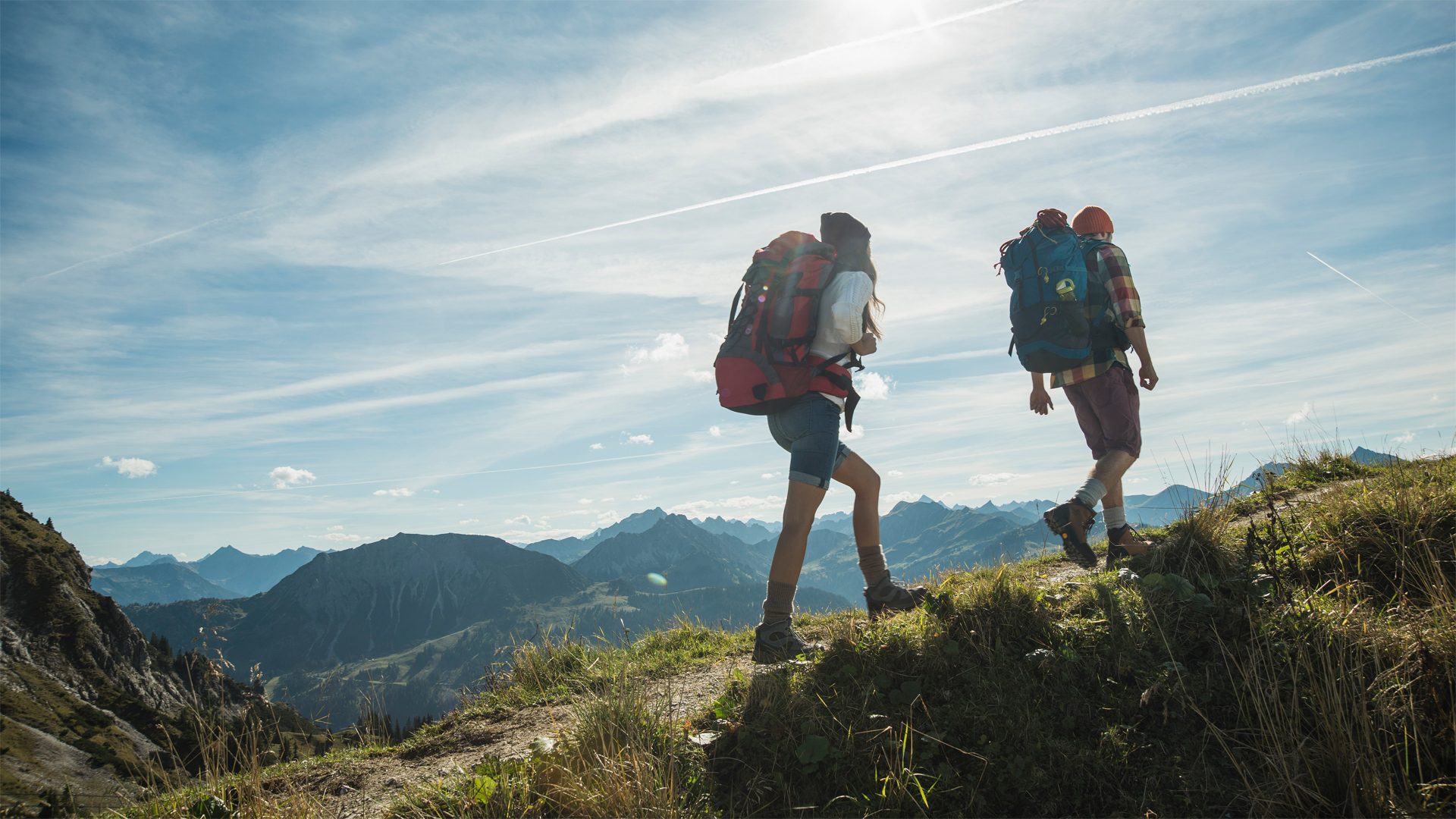
All the latest inspiration, tips and guides to help you plan your next Advnture!
You are now subscribed
Your newsletter sign-up was successful
You've been ascending for what feels like an eternity, your heart rate is way higher than it would be for most sports, as is your level of exertion. The clothes working hard to wick moisture away from your sweating body and keep the rain and wind at bay are more expensive and more technical than your soccer kit or your golfing garb back home. You're carrying plenty of water and sugary snacks in order to stay hydrated and provide your energy needs.
Yes, hiking can sometimes demand a great deal of physical effort, as well as performance gear akin to – and in some cases above and beyond – sportswear. So, is hiking a sport?
We asked one of our hiking experts to put this question to bed once and for all, considering the arguments for and against hiking being classified as a sport.
Is hiking a sport?
In short, no, hiking is not a sport. By definition, a sport is an activity that involves physical exertion and skill during which an individual or a team competes against others, for the entertainment of spectators.
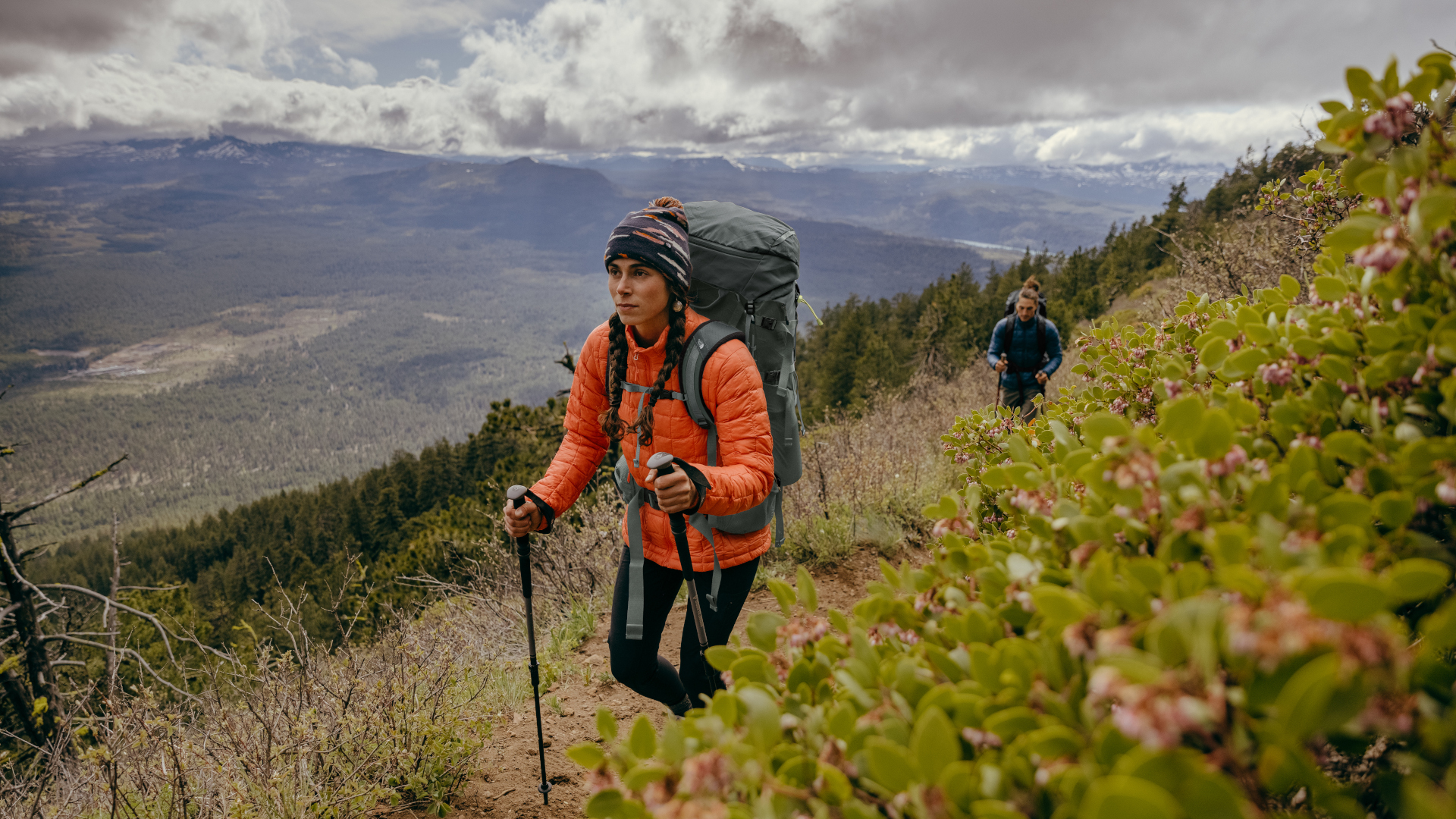
While hiking requires physical exertion and, on more technical terrain, a degree of skill is definitely helpful, it is not typically done as part of a competition nor is it usually performed for the enjoyment of onlookers.
No, hiking is the common term used to describe going for an invigorating walk in the countryside. It usually involves a bit of an adventure, involves wearing hiking boots and carrying your provisions in a backpack and while it doesn’t have a designated minimum length, it’s more than a short amble. You can learn more about what hiking is, and isn’t, in our article what is hiking?
Meet the expert
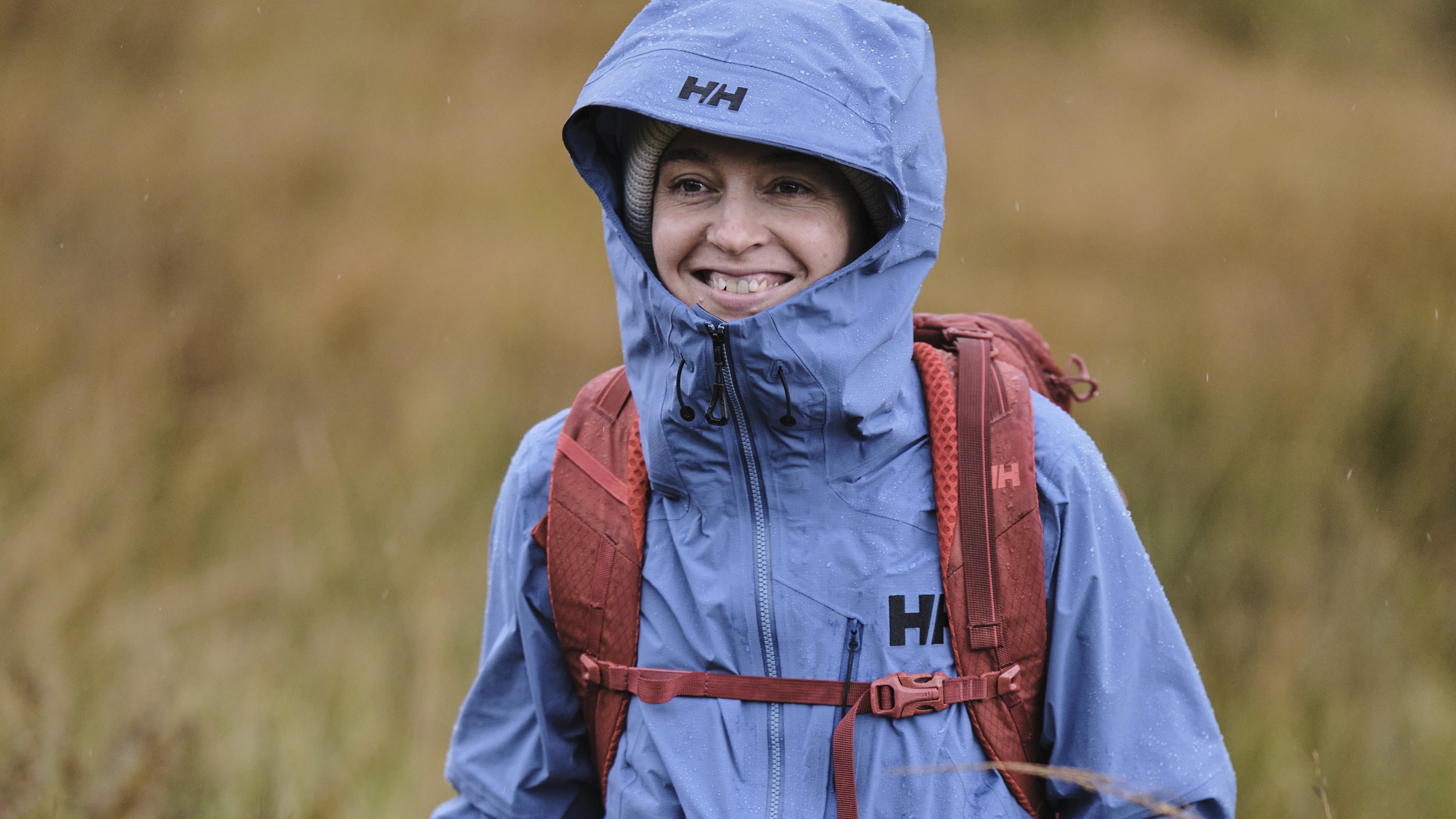
Julia has been exploring the hills and the mountains since her childhood forays into the Scottish Highlands. After spending many years hiking in the US, she's now back in her native Scotland, where she frequently tests hiking gear in the mountains.
Is there such a thing as competitive hiking?
- Mountain runners use a power hiking approach when tackling ascents
- Mountain marathons contain many backpacking elements, though speed is the main competitive factor
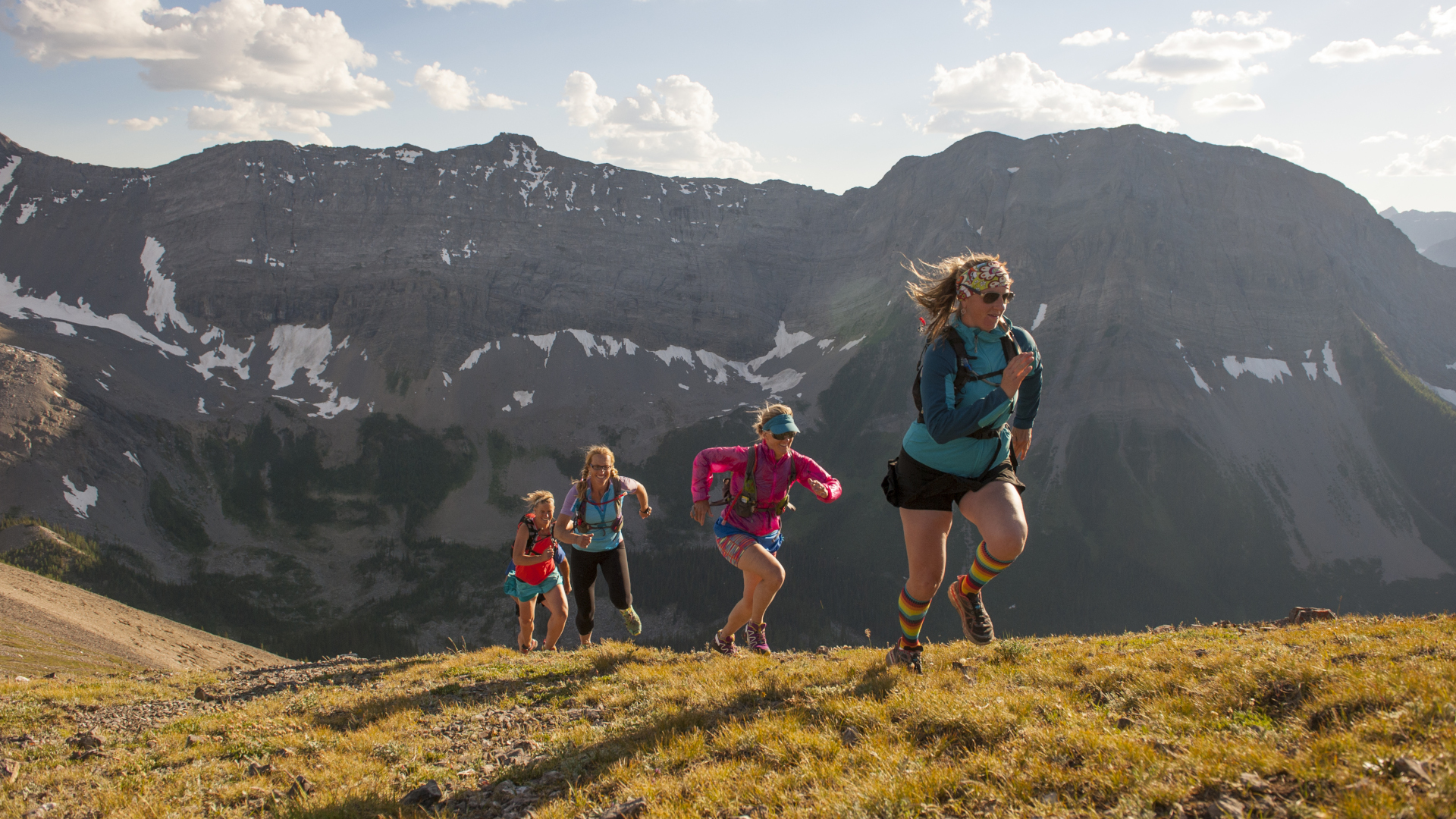
There are exceptions to the definition of hiking as non-competitive, and one is power hiking, which is a technique used by ultra runners on mountainous terrain where they hike quickly instead of running on the uphills to conserve energy without losing ground. Ultra running is a form of competitive running and therefore is a sport.
All the latest inspiration, tips and guides to help you plan your next Advnture!
Competitive events like mountain marathons blend elements of backpacking, such as navigation in wilderness terrain and wild camping, with fell running or mountain running. However, as speed is the main competitive element here, it's the running part of the pursuit that makes it the sport, more so than the hiking part. Mountain marathons are about as close as hiking gets to becoming a sport.
But hiking in and of itself is not competitive or done for the enjoyment of others. Rather, it can be done alone or in the company of others, and is entirely for the benefit of the person doing the hiking.
So what is the point of hiking?
- Hiking provides many physical and mental benefits
- Hiking allows you to slow down and appreciate nature
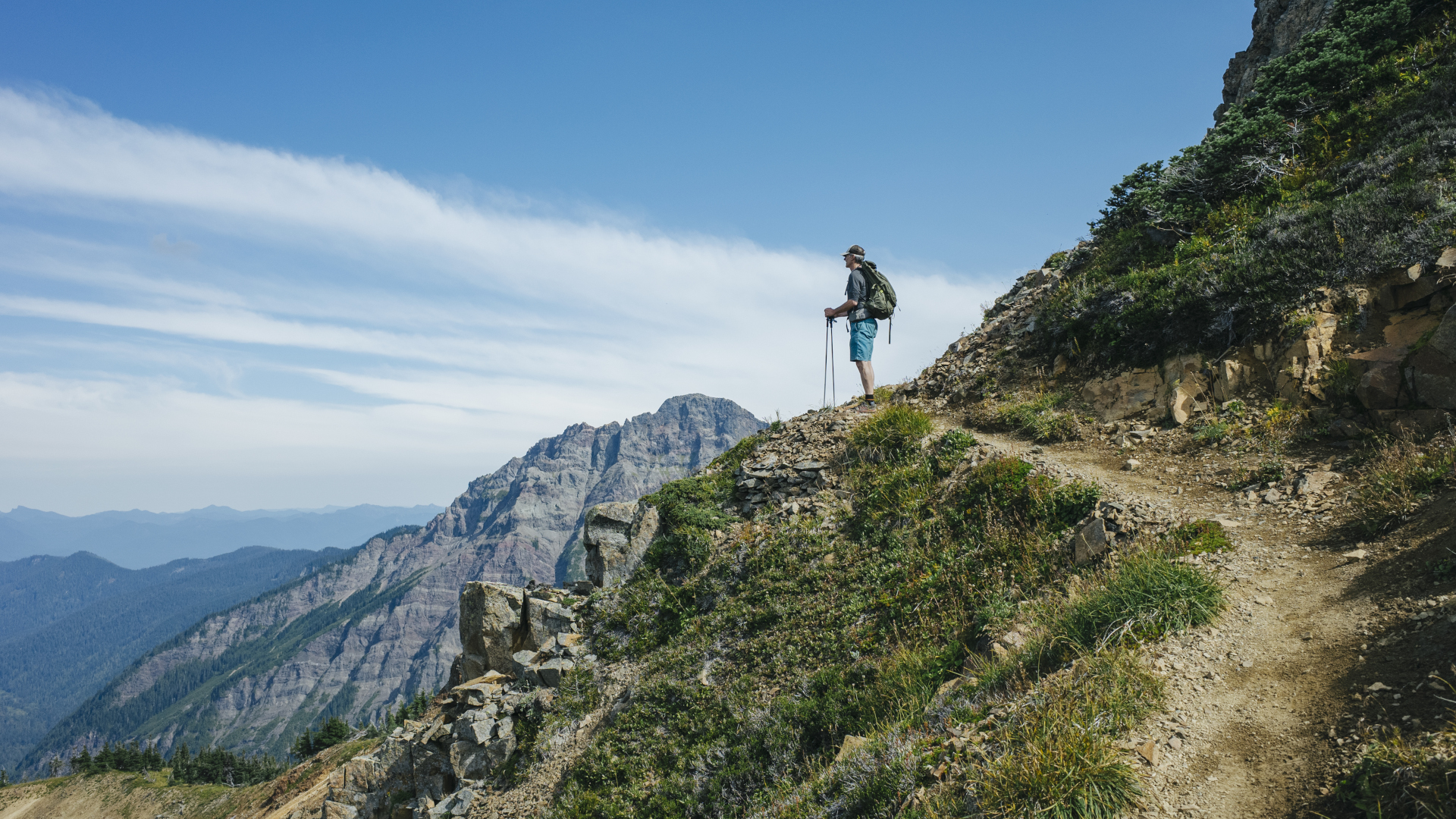
In a time where every activity seems to have become “ultra” or “extreme,” from trail running to frisbee throwing, is there any point to hiking if it’s not even a real sport? Absolutely there is. Contrary to what our social media driven world would have us believe, not everything you do has to be death-defying to be worthwhile.
Hiking delivers an enormous array of benefits, from the cardiovascular impact of walking uphill to the positive mental health aspects of spending time in nature, never mind the fact that this low impact activity can find you tackling some pretty challenging terrain, whether that’s thru-hiking all 2,650 miles of the Pacific Crest Trail or climbing into the sky on one of Colorado’s 14ers. In fact, while it may not involve the adrenaline rush of free-soloing cliff faces or cyclo-cross, hiking can carry plenty of risks.
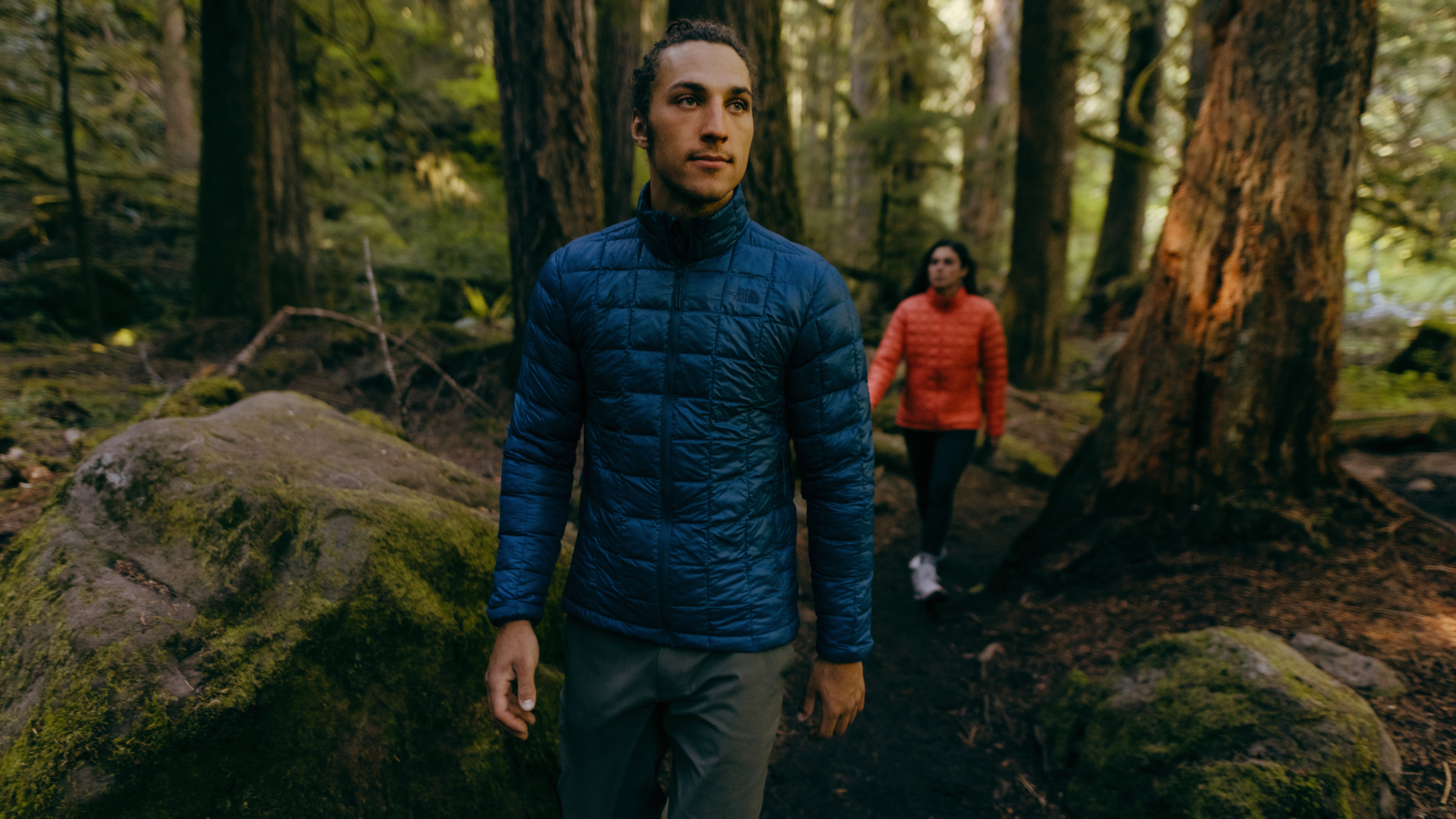
But risk is not necessarily the point of hiking, where it is in sports like ski racing. The point of hiking is to get out of urban environments and into the outdoors on your own two feet instead of on four wheels and have an adventure where you solve problems that don’t take place on a screen. Sports are certainly fun and a great way to bring people together, but we already live in an adrenaline-fuelled world and there’s a lot of value to getting away from the stress of competition and removing some of the pressure around constantly achieving goals.
Ultimately, while you could make hiking a sport if you wanted to, doing it on your own time and at your own pace is highly recommended. It can serve as your primary form of exercise, or if you do a lot of high impact, competitive activity, go for a gentle hike on rest days to unplug and recover.
Julia Clarke is a staff writer for Advnture.com and the author of the book Restorative Yoga for Beginners. She loves to explore mountains on foot, bike, skis and belay and then recover on the the yoga mat. Julia graduated with a degree in journalism in 2004 and spent eight years working as a radio presenter in Kansas City, Vermont, Boston and New York City before discovering the joys of the Rocky Mountains. She then detoured west to Colorado and enjoyed 11 years teaching yoga in Vail before returning to her hometown of Glasgow, Scotland in 2020 to focus on family and writing.

